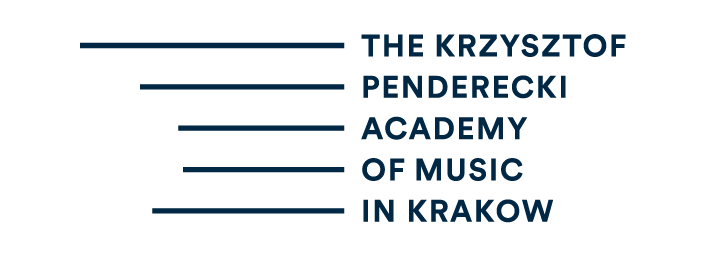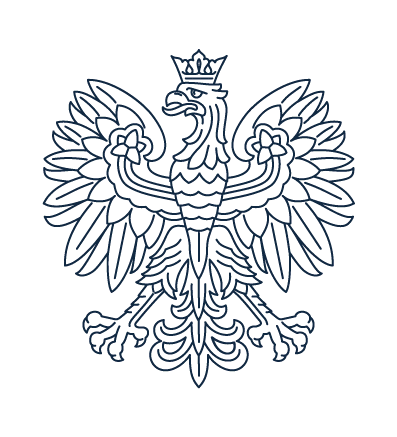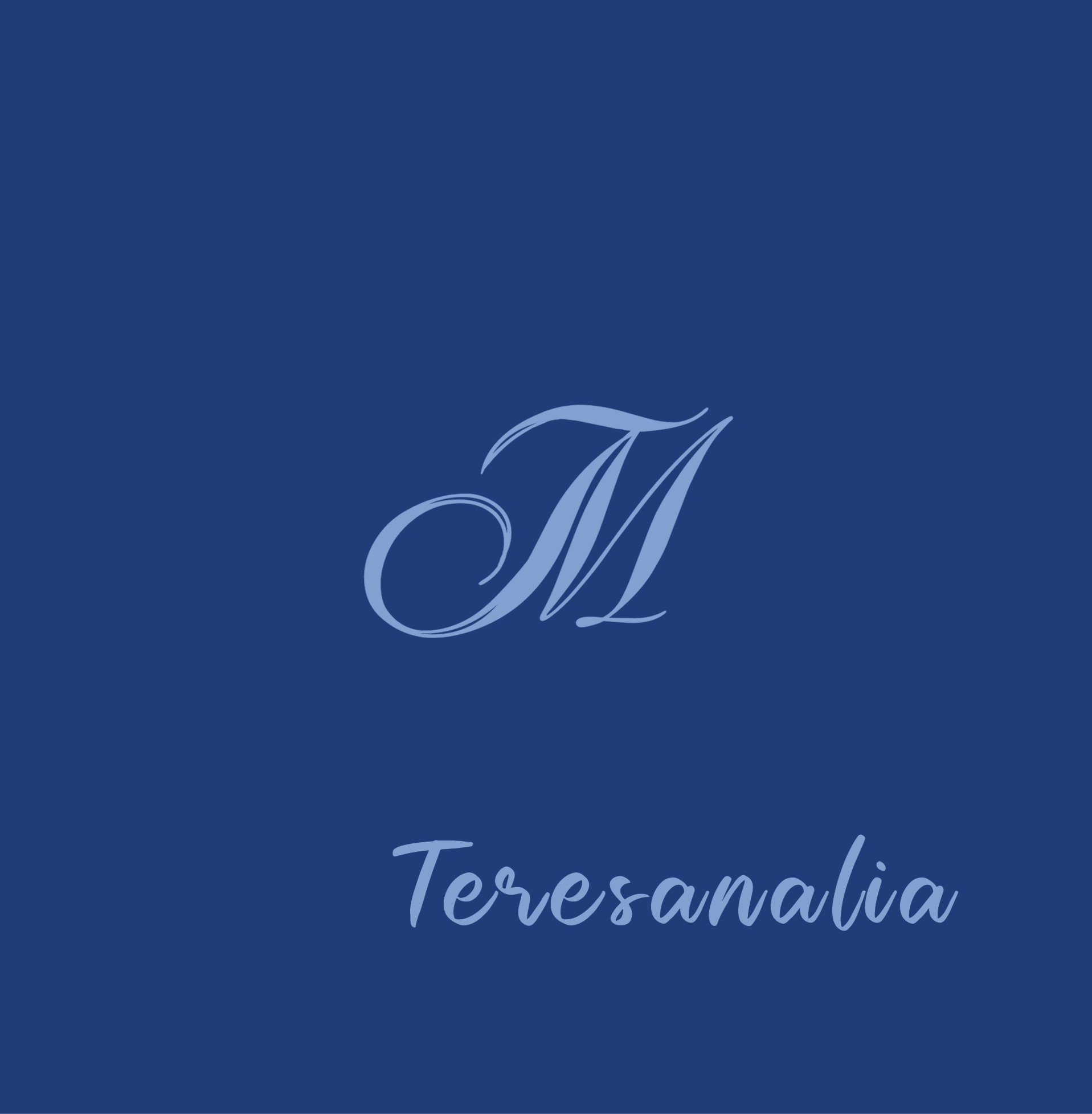Department of Music Theory and Interpretation
It has developed a new paradigm of the discipline, corresponding with the current state of general methodology, introducing new concepts of the functioning of musical theory in analytical, interpretative and teaching practice.
What is at the centre of research is the musical work understood as a reference point for all science of music. The work is analysed and interpreted using methods from the realm of structuralism and semiotics, as well as phenomenology and hermeneutics. The work is treated as an artistic object par excellence and is usually placed in an organic cultural context.
The concept of integral interpretation of Doctor Honoris Causa Professor Mieczysław Tomaszewski, PhD, is the realisation of that idea.
The predominant interest is in vocal-instrumental works – a song, opera and musical drama, cantata and oratorio – hence the word-sound relationship and the problem of the coexistence of arts are the key issues.
What is the main focus of interest for Krakow’s music theorists is the history and theory of music of more recent times, especially the 19th and 20th centuries. Special attention is given to the problems of Polish Romantic music (Chopin, Moniuszko, Karłowicz) and of contemporary music (Szymanowski, Lutosławski, Penderecki, Górecki and others). Emphasis is also placed on the traditional and contemporary aspects of music associated with Krakow, with particular reference to the Krakow School of Composition.
The scientific and artistic activities of the group of Krakow theorists are also, to a great extent, devoted to the problems of intercultural relations, especially, though not exclusively, in the region of Central Europe.
Periodically organized conferences, seminars and scientific symposia, usually of international and interdisciplinary nature, play an important role in the Group’s activity.
They are attended not only by music theorists but also by eminent representatives of other disciplines of science and art as well as composers of works subjected to theoretical interpretation, which is quite unique.
The resulting artists’ statements, looked upon as the composers’ self-reflection, become a valuable research material. Scientific meetings are usually accompanied by live music concerts.
Out of all the Group’s scientific and artistic activities, a number of initiatives have gained international recognition:
– Music Meetings in Baranów, festivals and symposia, 1976-1981.
– Polish-Lithuanian seminars and symposia, Krakow-Vilnius since 1989.
– Young Musicians for a Young Town Festivals, Stalowa Wola 1975-1979.
– Seminars and symposia devoted to Polish contemporary music, since 1975.
– Symposia on the theory and history of song, since 1984.
– International symposia on the works of L. van Beethoven, since 1997.
– Cooperation with the International Semiotics Institute and the organisation of the International Congress on Musical Signification, 2010
The activity of the Music Theorist Group at the Academy is sometimes referred to as the “KRAKOW SCHOOL OF THEORISTS”.
Mieczysław Tomaszewski
Harmony and Counterpoint Team
Professor Anna Zawadzka-Gołosz, PhD – head
Ewa Zuchowicz, PhD
Irena Antoń, MA
Teresa Frączkiewicz-Kirkov, MA
Grażyna Kowalczyk, MA
Kazimierz Płoskoń, MA
Ear Training Team
Magdalena Długosz, PhD (habil.) – head
Małgorzata Pawłowska , PhD
Michał Pawełek, PhD (habil.)
Marek Pluta, PhD
Ewa Wójtowicz, PhD
Irena Antoń, MA
Magdalena Chrenkoff, MA
Teresa Frączkiewicz-Kirkov, MA
Grażyna Kowalczyk, MA
Andrzej Mądro, MA
Kazimierz Płoskoń, MA
Joanna Wnuk-Nazar, MA
Barbara Zawadzka, MA







